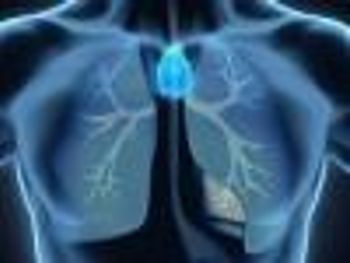
Second phase 3 study meets primary endpoint in improving lung cancer survival.

Second phase 3 study meets primary endpoint in improving lung cancer survival.
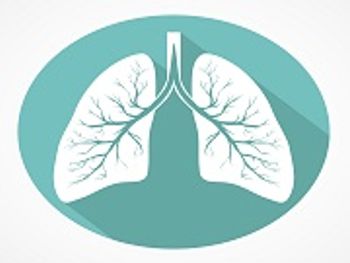
Alecensa shows promise treating anaplastic lymphoma kinase (ALK)-positive advanced non-small cell lung cancer.

Top news of the week in oncology and cancer drug development.
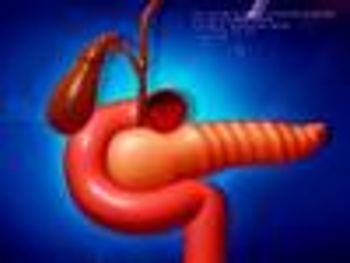
Small molecule inhibition of PRMT1 may be an effective therapeutic strategy in pancreatic cancer.

Amgen’s 2017 Trends in Biosimilars report examines commercialization and distribution issues in the biosimilar space.

Legal challenges, drug shortages, and regulatory issues create hurdles for biosimilars in the US market.
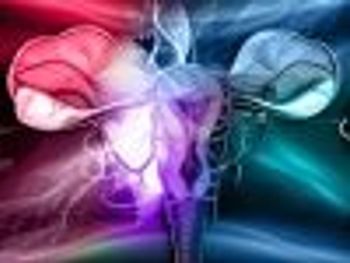
Use of either surgery resulted in equivalent disease-free survival and no difference in overall survival.
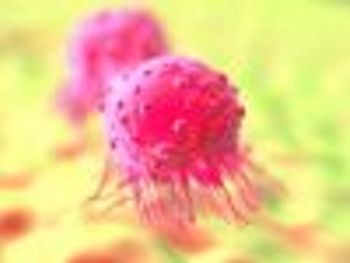
Exposure to BPA observed to increase signaling that caused cancer growth.
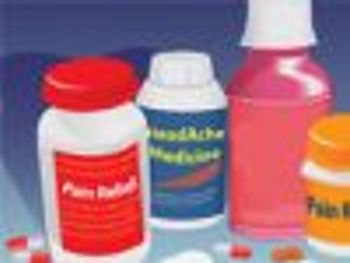
Top news of the day from across the health care landscape.

Biovica’s DiviTum assay offers noninvasive tool to monitor efficacy of CDK4/6 inhibitors.
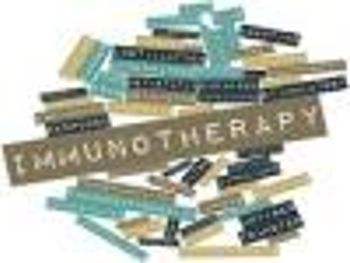
Combination treatment produces a complete response in mice with epithelial cancer.
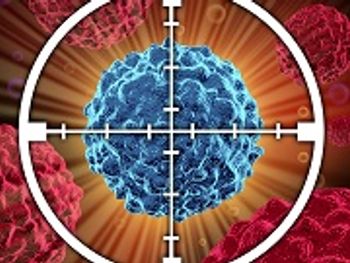
Combination therapy targets tumors in epithelial cancer.

Toxin produced by cigarette smoke accelerates the growth of tumors.
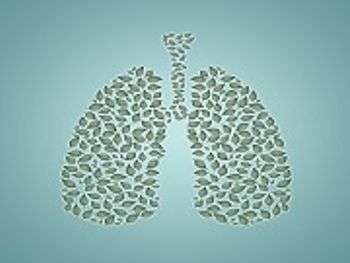
Osimertinib (Tagrisso) approved for metastatic epidermal growth factor receptor (EGFR) T790M mutation-positive non-small cell lung cancer.
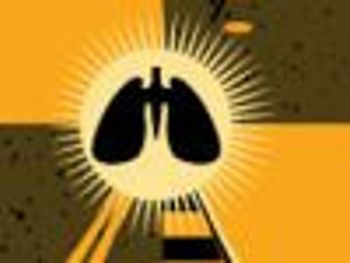
Tyrosine kinase inhibitor improves survival in patients with rare lung cancer.

Ambitious project marks new era for pancreatic cancer patients, investigators say.
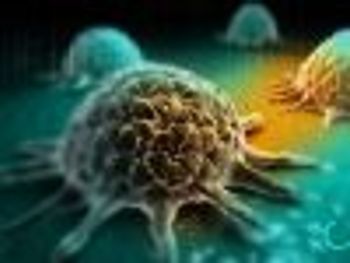
Top news of the week in oncology and cancer drug development.

Overexpression of protein reveals why breast cancer spreads quickly.
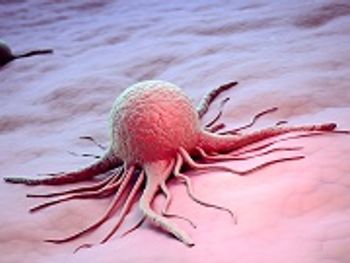
Breast cancer cells may use reelin protein to evade the immune system.
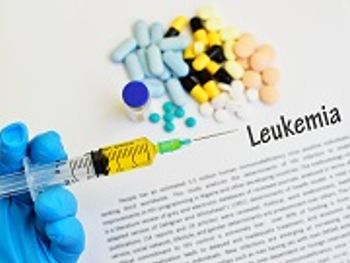
Hodgkin lymphoma cancer survivors are 2.4 times more likely to develop a second type of cancer.
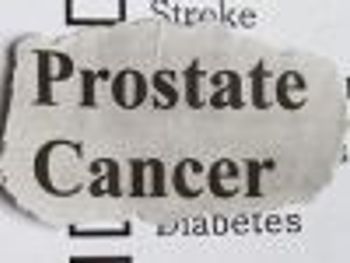
Scientists identify specific genes that cooperate with a well-known tumor suppressor gene.
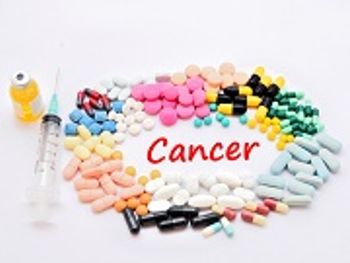
Genes can interact with a tumor suppressor gene to prevent the development of breast, prostate, and skin cancer.
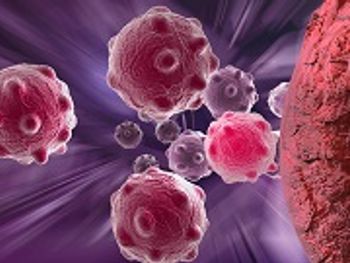
Study identifies 2 immune system molecules that may play a key role in drug-resistance.
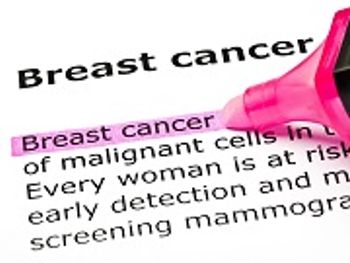
The cytokines interleukin 1 beta (IL1β) and tumor necrosis factor alpha (TNFα) help the spread of drug-resistant cancer.
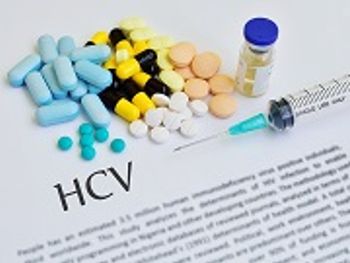
Baby Boomer age group testing levels for hepatitis C virus remained very low.
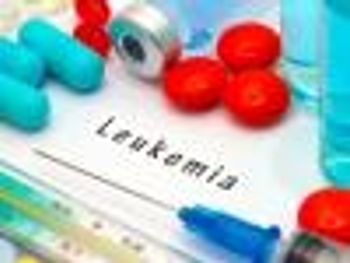
Study identifies potential Achilles heel of kinase-driven cancers.
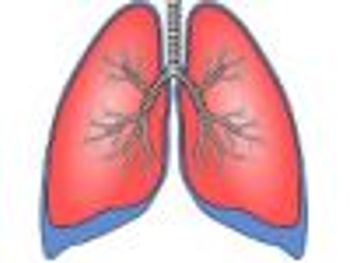
Majority of patients were free from local recurrence after 1 year of reirradiation with an advanced form of proton therapy.
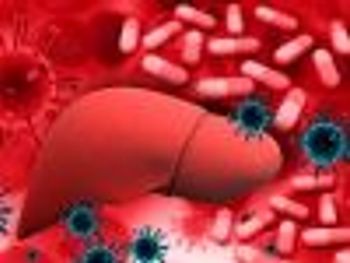
Top news of the day from across the health care landscape.

More than 3000 patients with breast cancer have received radiation with the Xoft System.